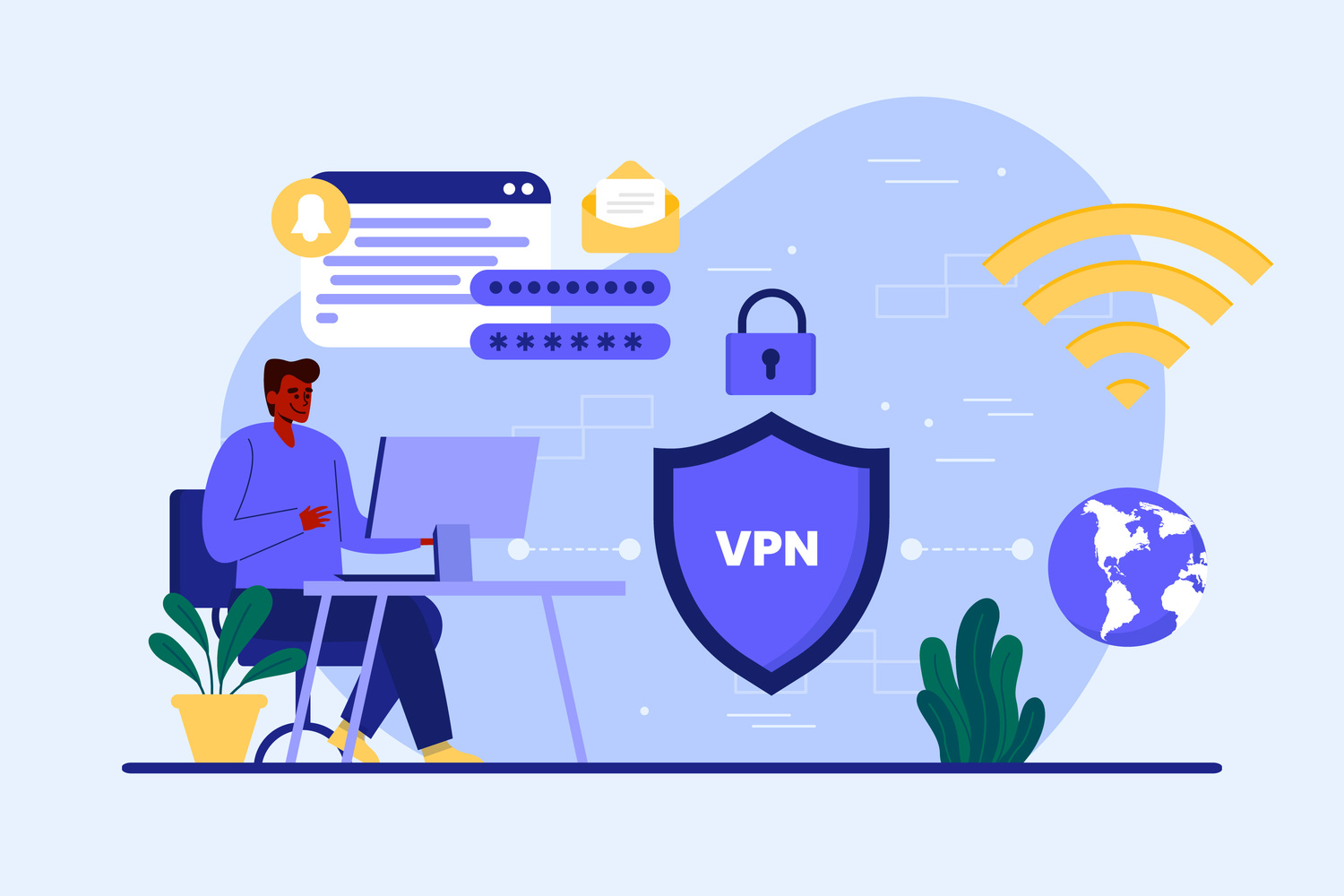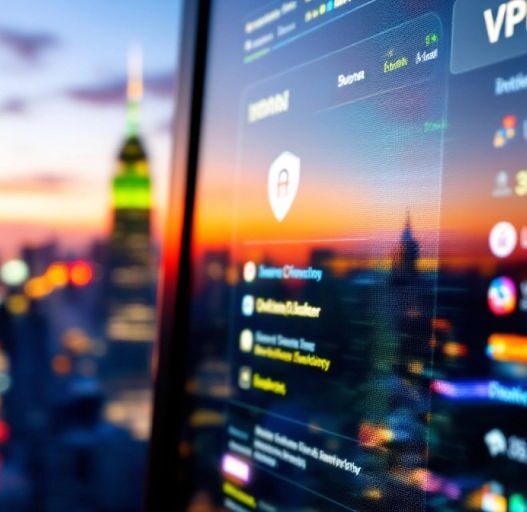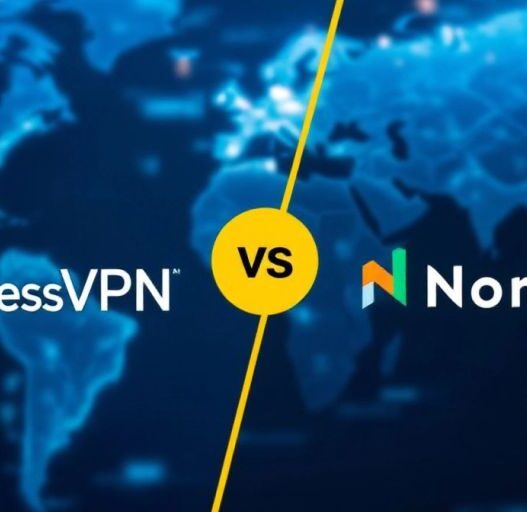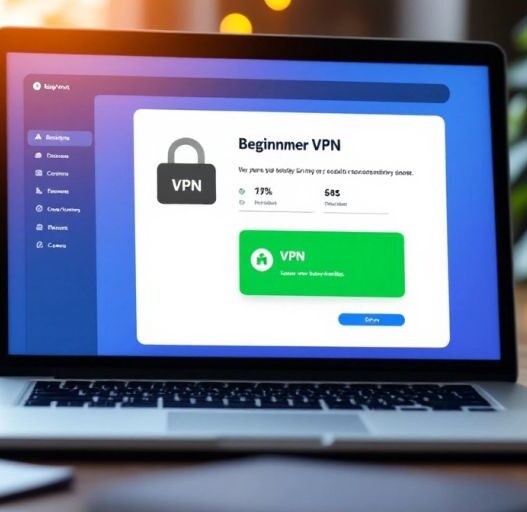As we approach 2024, new regulations regarding Virtual Private Networks (VPNs) are set to reshape how we protect our online privacy. These changes aim to enhance user security but also bring potential risks that individuals need to be aware of. This article explores the implications of these regulations, how VPN providers are adapting, and what users should consider when choosing a VPN in the coming year.
Key Takeaways
- New VPN regulations in 2024 may make it harder to keep personal data private.
- Users should be cautious of VPN providers that don’t clearly explain their data practices.
- Privacy-focused VPNs are likely to become more popular as users seek better security.
- Understanding data retention policies is crucial for protecting your online information.
- Choosing a VPN with a strong reputation and good privacy policies is essential for safety.
Understanding the New VPN Regulations in 2024
As we move into 2024, new VPN regulations are set to reshape the landscape of online privacy. These regulations aim to enhance user protection and ensure that VPN providers are transparent about their data practices.
Overview of the Regulatory Changes
The upcoming regulations will require VPN providers to clearly communicate how they collect, use, and share user data. This includes obtaining explicit consent from users before processing their information.
Key Drivers Behind the New Regulations
Several factors are driving these changes:
- Increased Privacy Concerns: With rising awareness of data breaches, users demand better protection.
- Legal Compliance: Governments are enforcing stricter laws to safeguard personal data.
- Technological Advancements: New technologies necessitate updated regulations to keep pace with evolving threats.
Regions Most Affected by the Changes
The new regulations will primarily impact regions with existing privacy laws, such as:
- European Union: Following GDPR guidelines.
- United States: States like California with the CCPA.
- Asia: Countries implementing their own privacy frameworks.
The shift in regulations emphasizes the need for users to choose VPNs that prioritize privacy and compliance. Selecting a reliable VPN can significantly enhance your online security.
In conclusion, as VPN regulations evolve in 2024, users must stay informed and choose providers that align with these new standards to protect their online privacy effectively.
Implications for User Privacy

As new VPN regulations come into play in 2024, users must be aware of how these changes could affect their online privacy. VPNs, or Virtual Private Networks, are tools that help protect users’ data and maintain anonymity while browsing the internet. However, the evolving regulatory landscape may introduce challenges that could compromise these benefits.
Potential Risks to Personal Data
- Increased Data Collection: New regulations may require VPN providers to collect more user data, which could lead to potential misuse.
- Government Surveillance: Stricter laws might enable governments to monitor VPN usage, reducing the anonymity that users expect.
- Data Breaches: With more data being collected, the risk of data breaches increases, putting personal information at risk.
Impact on Anonymity and Security
- Reduced Anonymity: Users may find it harder to remain anonymous online as regulations tighten.
- Security Vulnerabilities: Some VPNs may struggle to comply with new laws, leading to potential security gaps.
- Trust Issues: Users may become skeptical about the effectiveness of VPNs in protecting their privacy.
Changes in Data Retention Policies
- Longer Retention Periods: New laws may require VPNs to keep user data for extended periods, increasing the risk of exposure.
- Limited User Control: Users might have less control over their data, making it harder to delete or modify personal information.
- Compliance Costs: VPN providers may pass on the costs of compliance to users, affecting pricing and service quality.
In a world where online privacy is increasingly at risk, users must stay informed about how regulations impact their VPN choices.
As the landscape of online privacy continues to shift, it is crucial for users to choose VPNs that prioritize their privacy and security. By understanding the implications of these new regulations, users can make informed decisions to protect their online presence.
How VPN Providers Are Responding

As new regulations come into play, VPN providers are adjusting their strategies to ensure compliance while maintaining user trust. These adaptations are crucial for safeguarding user privacy in an increasingly regulated environment.
Adapting to Compliance Requirements
- VPN providers are revising their data collection and sharing policies to align with new regulations.
- They are implementing mechanisms for data portability and erasure, allowing users more control over their information.
- Compliance with laws like GDPR is becoming a priority, ensuring users can easily access their rights regarding their data.
Enhancing Encryption and Security Measures
- Many VPN services are upgrading their encryption standards to protect user data from potential breaches.
- Regular updates to applications and systems are being prioritized to address vulnerabilities.
- Providers are adopting strict no-log policies, meaning they do not store user activity data, which significantly reduces privacy risks.
Implementing No-Log Policies
- A growing number of VPN providers are committing to no-log policies, ensuring that no identifiable data is retained.
- Transparency reports and third-party audits are becoming common, allowing users to verify the privacy practices of their chosen VPN.
- This focus on transparency is essential for building trust, especially as users become more aware of their online privacy rights.
In a world where online privacy is under constant threat, choosing a VPN that prioritizes compliance and user security is more important than ever.
As VPN providers navigate these changes, users must remain vigilant and informed about their options to ensure their online privacy is protected.
The Role of VPNs in a Changing Privacy Landscape
As the world faces increasing scrutiny over online privacy, VPNs have emerged as essential tools for safeguarding personal information. With new VPN privacy laws being introduced globally, understanding the role of these services is crucial for users seeking to protect their data.
Balancing Privacy and Accessibility
- VPNs allow users to access restricted content while maintaining their privacy.
- They help circumvent censorship imposed by governments or organizations.
- Users can enjoy a more open internet experience without compromising their personal data.
VPNs as Tools for Circumventing Censorship
- In regions with strict internet regulations, VPNs provide a way to bypass limitations.
- They enable access to information that may be blocked or filtered.
- VPNs can help activists and journalists communicate securely in oppressive environments.
Legal Challenges and Considerations
- The evolving landscape of VPN privacy laws means users must stay informed.
- VPN providers are adapting to comply with new regulations, which may affect service availability.
- Users should be cautious and choose VPNs that prioritize transparency and user rights.
In a world where online privacy is increasingly at risk, VPNs serve as a vital line of defense against data breaches and unauthorized surveillance.
As users navigate this changing landscape, selecting a reliable VPN provider becomes essential. By understanding the implications of new regulations and the role of VPNs, individuals can make informed choices to protect their online privacy.
Choosing the Right VPN in 2024

As online privacy becomes increasingly important, selecting the right VPN is crucial for safeguarding personal data. VPNs, or Virtual Private Networks, provide a secure way to browse the internet by encrypting your connection and masking your IP address. In 2024, understanding what to look for in a VPN can make a significant difference in your online safety.
Evaluating Privacy Policies
- Transparency: Look for VPNs that clearly outline their privacy policies. They should specify what data they collect and how it is used.
- No-Log Policy: Choose providers that have a strict no-log policy, meaning they do not store any information about your online activities.
- Third-Party Audits: Some VPNs undergo independent audits to verify their privacy claims, which can add an extra layer of trust.
Importance of Strong Encryption
- Encryption Standards: Ensure the VPN uses strong encryption protocols, such as AES-256, to protect your data from hackers.
- Kill Switch Feature: This feature cuts your internet connection if the VPN fails, preventing data leaks.
- Multi-Factor Authentication: Look for VPNs that offer multi-factor authentication for added security.
Assessing the Reputation of VPN Providers
- User Reviews: Check user reviews and ratings to gauge the reliability and performance of the VPN.
- Customer Support: Good customer support can help resolve issues quickly, so consider providers with responsive service.
- Trial Periods: Many VPNs offer free trials or money-back guarantees, allowing you to test their services before committing.
Choosing the right VPN is not just about price; it’s about ensuring your online privacy and security in a world where data breaches are common.
In conclusion, as the landscape of online privacy evolves, selecting a VPN that prioritizes user security and transparency is essential. By evaluating privacy policies, ensuring strong encryption, and assessing provider reputation, users can make informed choices that protect their digital lives.
Future Trends in VPN Usage
As we move into 2024, the landscape of VPN usage is evolving rapidly. More people are recognizing the importance of online privacy, leading to a surge in VPN adoption. Here are some key trends to watch:
Rise of Privacy-Focused VPNs
- Increased demand for VPNs that prioritize user privacy and data protection.
- Features like no-log policies and enhanced encryption are becoming standard.
- Users are more informed about the risks of free VPNs, leading to a preference for paid services.
Shifts in Consumer Preferences
- A growing number of users are turning to VPNs for personal use rather than just for work.
- Many are using VPNs to access geo-restricted content, such as streaming services.
- There is a notable increase in users seeking VPNs to avoid tracking by search engines and social media platforms.
Technological Advancements in VPN Services
- VPN providers are implementing advanced features like multi-hop connections and built-in ad-blockers.
- The introduction of stealth mode allows users to browse without revealing their VPN usage.
- Enhanced security measures are being adopted to protect users on public Wi-Fi networks.
As the digital world becomes more interconnected, the need for secure and private internet access is more critical than ever. VPNs are not just tools for anonymity; they are essential for safeguarding personal data in a landscape filled with threats.
Global Perspectives on VPN Regulations
As the landscape of online privacy evolves, VPN laws are becoming increasingly significant across the globe. Different regions are implementing various regulations that impact how VPNs operate and how users can protect their data.
Comparative Analysis of Regional Laws
- Europe: The General Data Protection Regulation (GDPR) has set a high standard for data privacy, affecting VPN providers operating within the EU. Companies must comply with strict data handling and user consent requirements.
- North America: The California Consumer Privacy Act (CCPA) is pushing VPNs to enhance transparency regarding data collection and sharing practices.
- Asia: Countries like China have stringent laws that restrict VPN usage, making it crucial for users to understand local regulations before accessing VPN services.
International Cooperation and Conflicts
- Cross-Border Data Transfers: VPNs often facilitate data transfer across borders, which can conflict with local laws. Countries are increasingly scrutinizing these practices to ensure compliance with their regulations.
- Global Standards: There is a push for international agreements on data privacy, but differing national interests complicate this effort.
Case Studies of Regulatory Impact
- Germany: Stricter enforcement of data protection laws has led to VPN providers enhancing their privacy features to comply with local regulations.
- Australia: The introduction of new privacy laws has prompted VPNs to adapt their services to meet compliance requirements, ensuring user data is protected.
- India: The government is considering regulations that could limit VPN usage, raising concerns about user privacy and access to information.
Understanding the global regulatory landscape is essential for users who rely on VPNs for privacy and security. As laws change, so too must the strategies employed by VPN providers to ensure compliance and protect user data.
Conclusion
As we look ahead to 2024, the new rules around VPNs will likely change how we think about online privacy. These regulations aim to protect users, but they also mean that VPN companies must be more open about how they handle personal data. This shift could lead to a rise in trustworthy VPN services that prioritize user privacy. However, it’s crucial for users to stay informed and choose VPNs that truly safeguard their information. With the growing awareness of privacy issues, individuals must take steps to protect their online presence. In this evolving landscape, being proactive about privacy is more important than ever.
Frequently Asked Questions
What are the new VPN regulations coming in 2024?
In 2024, new rules will require VPN providers to be clearer about how they handle your personal information. This means they must ask for your permission before collecting data and keep it safe.
How do these regulations affect my online privacy?
These regulations could limit your privacy if VPNs are forced to keep more data about you. This might make it easier for companies to track your online activities.
What should I look for in a VPN to ensure it follows the new rules?
You should check if the VPN has a clear privacy policy and if they state that they don’t keep logs of your activity. This shows they take your privacy seriously.
Are free VPNs safe to use under these new regulations?
Free VPNs can be risky because they may not have the money or resources to protect your data properly. It’s often safer to choose a paid VPN that has a good reputation.
How can I protect my privacy while using the internet?
To keep your data safe online, use a trusted VPN, create strong passwords, and be careful about sharing personal information on websites.
What trends should I expect in VPN usage in 2024?
In 2024, more people are likely to choose privacy-focused VPNs. There will also be more advancements in technology to improve online security and privacy.























